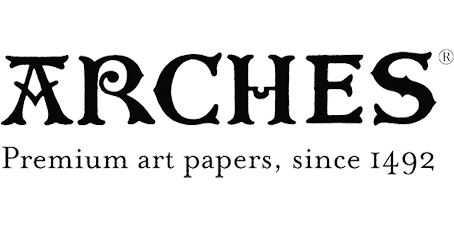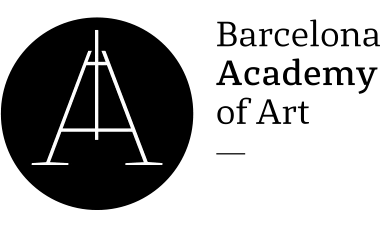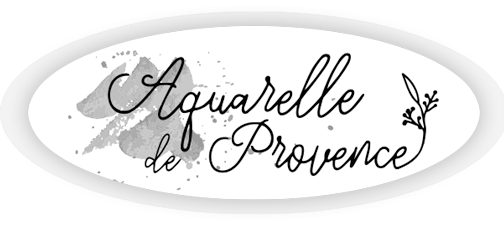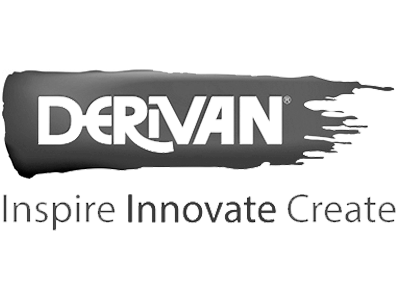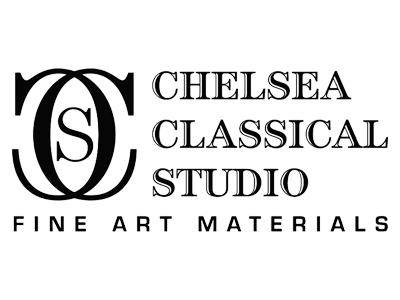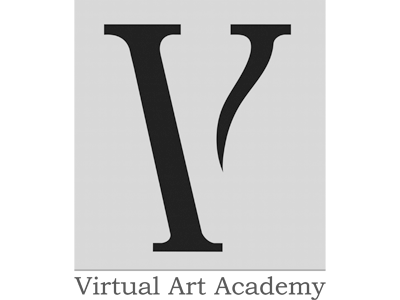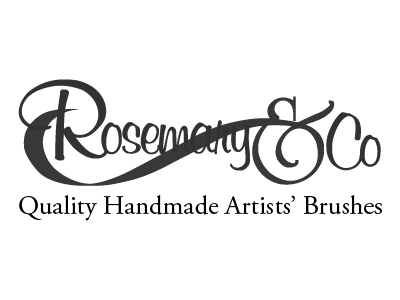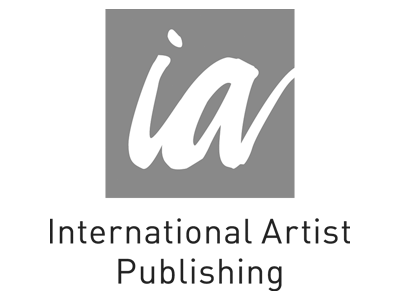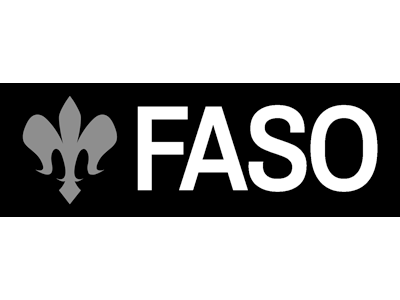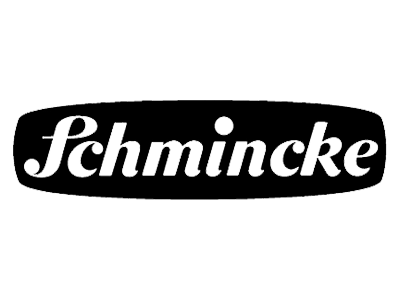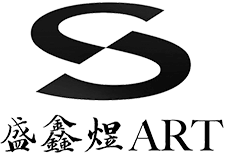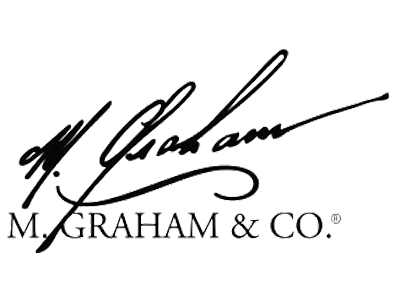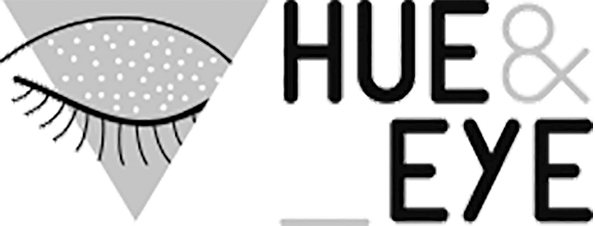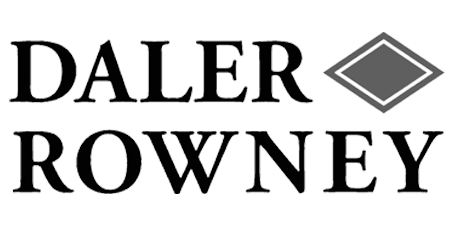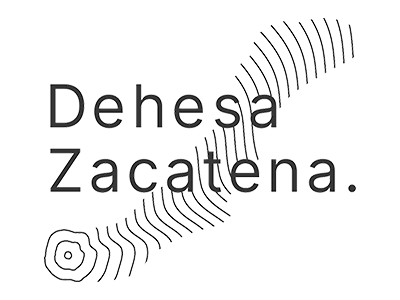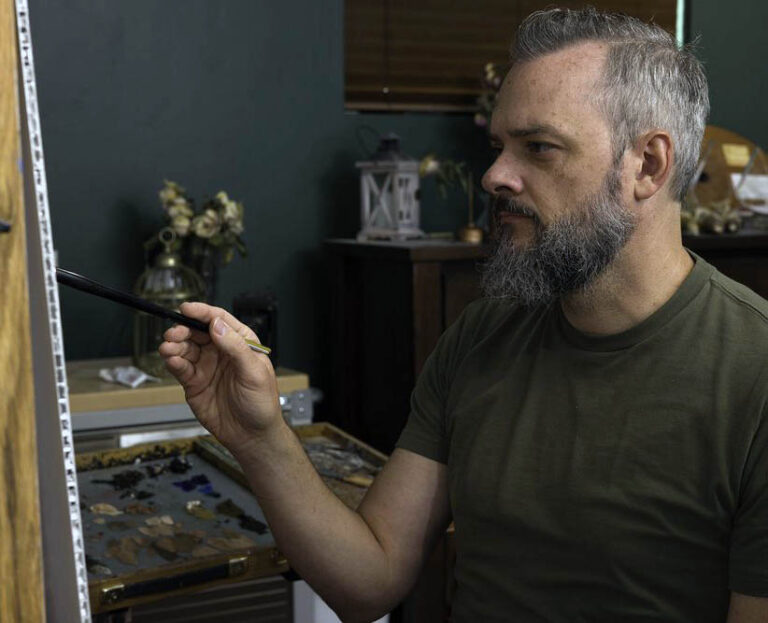
Mark R. Pugh’s success is due to nothing but putting into practice his concept of the artist’s creative process. Our Tartget Prize jury member believes that the artist’s skill and creativity can elevate a painting to a level of excellence, but to achieve perfection, it must first be balanced on three pillars: a strong narrative, technical mastery, and aesthetic harmony. And it must always be kept in mind that the goal should be to move the viewer.
Mark R. Pugh (Salt Lake City, Utah, 1979) isn’t a career painter. A graduate in psychology, his talent eventually led him to change the path initially guided by his mentor Jeffrey Hein. The years spent in other tasks unrelated to art, he managed to recover them at high speed. Once he picked up the brushes, Mark R. Pugh’s genius didn’t wait. In a short time in the profession, he has received recognition in numerous art competitions and exhibited in galleries, museums, and private collections worldwide.
His paintings predominantly feature children in complex themes, and his style blends traditional realism and classic illustration with whimsical storytelling. His most notable success is quite recent. We’re looking at the winner of the 16th edition of the International ARC Salon Competition. His work “Unsatisfying Ending” (2021) was The Best in Show among over 5,400 paintings submitted by artists from 75 countries.
Mark R. Pugh’s success is due to nothing but putting into practice his concept of the artist’s creative process. Our Tartget Prize jury member believes that the artist’s skill and creativity can elevate a painting to a level of excellence, but to achieve perfection, it must first be balanced on three pillars: a strong narrative, technical mastery, and aesthetic harmony. And it must always be kept in mind that the goal should be to move the viewer.












